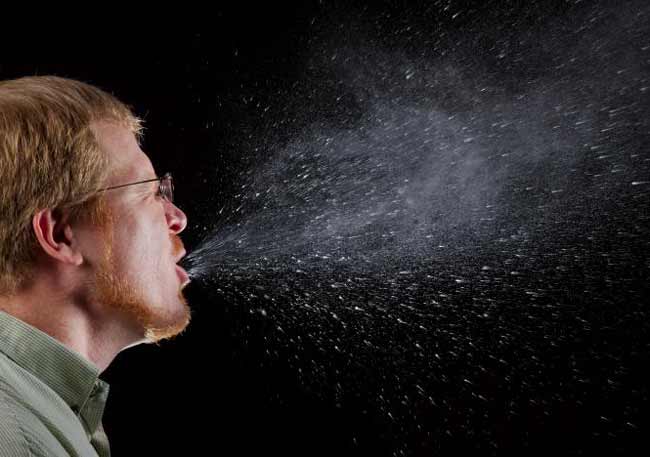Do Children Cause Adults to Get More Colds?

Get the world’s most fascinating discoveries delivered straight to your inbox.
You are now subscribed
Your newsletter sign-up was successful
Want to add more newsletters?

Delivered Daily
Daily Newsletter
Sign up for the latest discoveries, groundbreaking research and fascinating breakthroughs that impact you and the wider world direct to your inbox.

Once a week
Life's Little Mysteries
Feed your curiosity with an exclusive mystery every week, solved with science and delivered direct to your inbox before it's seen anywhere else.

Once a week
How It Works
Sign up to our free science & technology newsletter for your weekly fix of fascinating articles, quick quizzes, amazing images, and more

Delivered daily
Space.com Newsletter
Breaking space news, the latest updates on rocket launches, skywatching events and more!

Once a month
Watch This Space
Sign up to our monthly entertainment newsletter to keep up with all our coverage of the latest sci-fi and space movies, tv shows, games and books.

Once a week
Night Sky This Week
Discover this week's must-see night sky events, moon phases, and stunning astrophotos. Sign up for our skywatching newsletter and explore the universe with us!
Join the club
Get full access to premium articles, exclusive features and a growing list of member rewards.
This Week's Question: Do grandparents get more colds than seniors without grandchildren?
I was unable to find any specific data on grandparents and colds. However, the National Institute of Allergy and Infectious Diseases reports that, in families with children in school, the number of colds per child can be as high as 12 a year. NIAID also reports that all people older than 60 average fewer than one cold a year.
Put those over-60s in those homes with school children and it doesn't take a mathematician to figure out that the number of colds in grandparents will jump significantly.
Any grandparent will tell you that being around their little treasures has made them sick. My seven grandchildren (ages 2 to 8) are generous with all the viruses they get from their friends. My personal physician, also a grandfather, says that one of the problems is that these walking petri dishes come up with new germs older people haven't developed antibodies for.
What are you supposed to do when one of the darlings comes up to you with a runny nose and asks for a hug? Well, if you understand the hazards, perhaps you can formulate a plan that works for you around the treasured children of your children. Obviously the best course of action is to stay away from grandchildren when they have colds, but any grandparent knows that's next to impossible.
There are two ways you can catch a cold:
1. Inhaling drops of mucus full of cold germs from the air.
Get the world’s most fascinating discoveries delivered straight to your inbox.
2. Touching a surface that has cold germs and then touching your eyes, nose or mouth.
So, avoid close facial contact with your ailing grandchildren. Use some restraint. If the child needs comfort, limit yourself to hugs that don't put you in the position of inhaling their germs.
Washing your hands thoroughly and often is important [hand-washing is a key to avoiding the flu, too.]. Washing with soap and water doesn't kill the cold virus, but removes it. The scrubbing is more important than the soap.
Also, if you can, try to avoid touching your face after you have been around a child with a cold.
Rhinoviruses can live up to three hours on your skin, and on objects such as telephones and stair railings. Cleaning environmental surfaces with a virus-killing disinfectant might help prevent spread of infection.
Where are these viruses found most often? No, not in the bathroom. The worst room in the house for germs is the kitchen. And the greatest concentration is found in sponges and dishcloths.
Laundering a dishcloth doesn't eliminate germs. And putting a sponge through the dishwasher makes it look clean but doesn't remove the infection. Instead, moisten the sponge or dishcloth and microwave it for two minutes. Then you'll have safe, germ-free tools to use.
These tips will help, but the reality is that you're going to catch some colds. They're the price of being a caregiver. It's the price you paid as a parent. Now you're having a second chance for all that love...and all those germs.
- More News about the Common Cold
The Healthy Geezer column publishes each Monday on LiveScience. If you would like to ask a question, please write fred@healthygeezer.com. © 2009 by Fred Cicetti.
Previous Healthy Geezer columns:
 Live Science Plus
Live Science Plus










